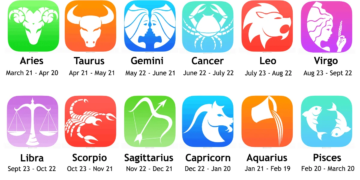BEIRUT (news agencies) — Diplomats and other officials say there have been several sticking points in ceasefire talks to end the war between Israel and the Lebanese militant group Hezbollah, even as conditions for an agreement appear to be ripe.
Israel’s military has killed nearly all of the militant group’s top leaders, but it continues to fire missiles into Israel. Tens of thousands of Israelis who were evacuated from the border months ago are pressuring their government to go home. And the world wants to stop regional conflict from spreading after more than a year of fighting.
Following the latest visit to the region by a U.S. mediator, Israel hit central Beirut over the weekend, and Hezbollah responded with its biggest barrage in weeks as each applied pressure to reach a deal.
Israel and Hezbollah have exchanged fire almost daily since the day after Hamas-led militants attacked Israel on Oct. 7, 2023, setting off the war in Gaza.
Israel launched a widespread bombardment of Lebanon two months ago, then a ground invasion. More than 3,500 people in Lebanon have been killed, many of them civilians.
More than 70 have been killed in Israel, over 40 of them civilians. In addition, over 50 Israeli soldiers have been killed in the ground offensive.
Here’s a look at the proposal and the sticking points.
The proposal under discussion to end the fighting between Israel and Hezbollah calls for an initial two-month ceasefire during which Israeli forces would withdraw from Lebanon and Hezbollah would end its armed presence along the southern border south of the Litani River.
The withdrawals would be accompanied by an influx of thousands more Lebanese army troops, who have been largely sidelined in the war, to patrol the border area along with an existing U.N. peacekeeping force.
An international committee would be set up to monitor implementation of the ceasefire agreement and of U.N. Security Council resolution 1701, which was passed in 2006 to end a monthlong war between Israel and Hezbollah but never fully implemented. Hezbollah never ended its presence in southern Lebanon, while Lebanon said Israel regularly violated its airspace and occupied small patches of its territory.
It is not clear whether a new deal would be any more successfully implemented than the one in 2006.
Michael Herzog, Israel’s ambassador to Washington, told Israeli Army Radio on Monday that the deal aimed to improve surveillance and enforcement of the previous resolution. While he said there were still certain points that needed to be finalized, a deal was close and could be clinched “within days.”
A U.S. official said negotiations continued to progress on Sunday, but the parties still need to work out some outstanding issues to close the deal. The official, who insisted on anonymity to discuss the private talks, declined to detail the outstanding issues.
Two Western diplomats described several points of dispute to media, speaking on condition of anonymity because they were not authorized to discuss ongoing negotiations.
They said Israel was asking for more guarantees to ensure that Hezbollah’s weapons are removed from the border area. Israeli officials, concerned about the possibility of Hezbollah launching the kind of attack that Hamas carried out from Gaza into southern Israel, have said they would not agree to a ceasefire deal that doesn’t explicitly grant them freedom to strike in Lebanon if they believe Hezbollah is violating it.
An Israeli official, speaking on condition of anonymity because he wasn’t authorized to discuss the sensitive talks, said the issue remained a point of contention, although he said the talks were headed in a “positive direction.”
Lebanese officials have said agreeing to such a deal would violate Lebanon’s sovereignty. Hezbollah leader Naim Kassem has said the militant group would not agree to a deal that does not entail a “complete and comprehensive end to the aggression” and does not protect Lebanon’s sovereignty.
Lebanon and Israel have also disagreed over which countries would sit on the international committee overseeing implementation of the deal and Resolution 1701.
In a sign of progress, Israel appeared to have dropped its opposition to France, which has remained close with Lebanon since its colonial rule there ended and has recently been at odds with Israel.
On Monday, an official familiar with the talks, who spoke on condition of anonymity because they were discussing behind-the-scenes negotiations, said that France would be part of the monitoring committee. Lebanon’s deputy parliament speaker, Elias Bousaab, also said Israel had accepted France.



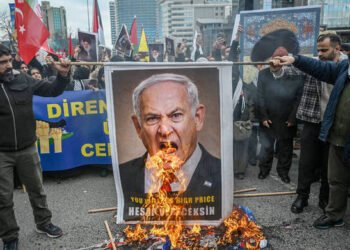
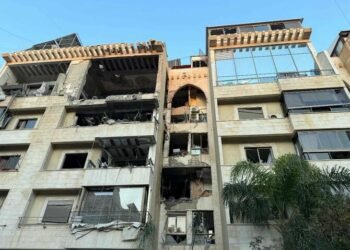

 United Arab Emirates Dirham Exchange Rate
United Arab Emirates Dirham Exchange Rate